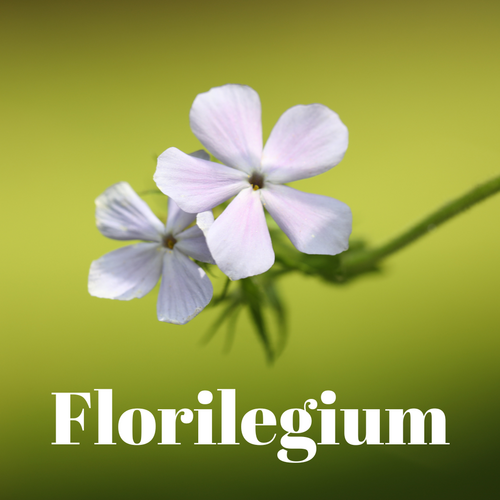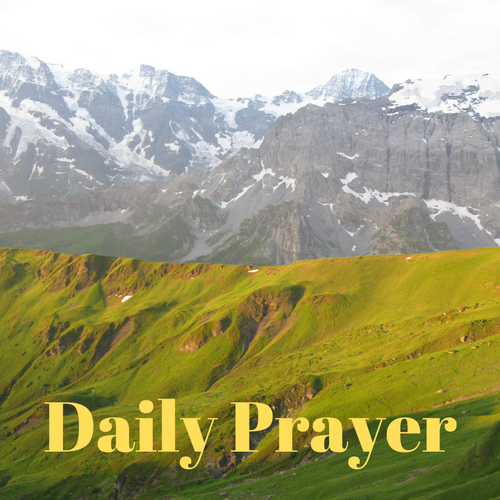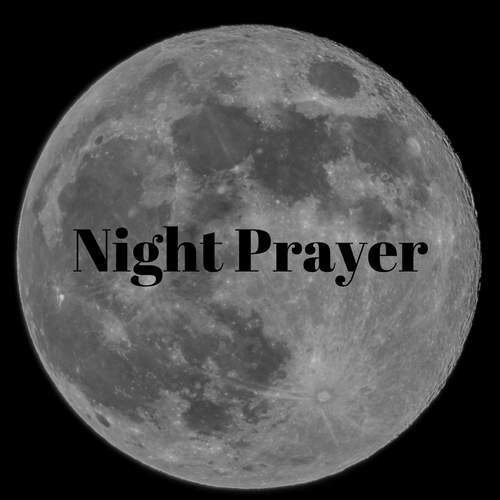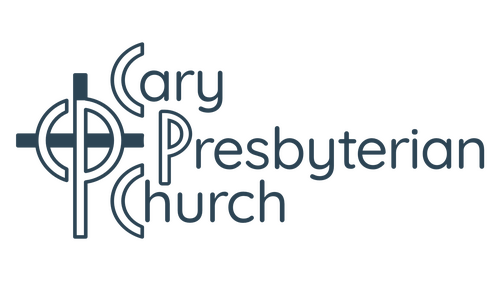

Daily Primer — July 15, Djúpivogur, Iceland
Each day you will be given:
A Florilegium entry
A Daily Prayer
and a Night Prayer.
A Florilegium entry
A Daily Prayer
and a Night Prayer.

The world is God’s book… no page is empty, but full of lines; every quality of the creature, is a several letter of this book, and no letter without a part of God’s wisdom in it.”
==============
There are deeps in our consciousness which no private plumb line of our own can sound; there are heights in our moral conscience which no ladder of our human intelligence can scale; there are spiritual hungers, longings, yearnings, passions, which find no explanation in terms of our physical inheritance or of our outside world. We touch upon the coasts of a deeper universe, not yet explored or mapped, but no less real or certain than this one in which our mortal senses are at home. We cannot explain our normal selves or account for the best things we know—or even for our condemnation of our poorer, lower self—without an appeal to and acknowledgement of a Divine Guest and Companion who is the real presence of our central being.
==============
There are deeps in our consciousness which no private plumb line of our own can sound; there are heights in our moral conscience which no ladder of our human intelligence can scale; there are spiritual hungers, longings, yearnings, passions, which find no explanation in terms of our physical inheritance or of our outside world. We touch upon the coasts of a deeper universe, not yet explored or mapped, but no less real or certain than this one in which our mortal senses are at home. We cannot explain our normal selves or account for the best things we know—or even for our condemnation of our poorer, lower self—without an appeal to and acknowledgement of a Divine Guest and Companion who is the real presence of our central being.
English Puritan Thomas Taylor (1576-1632) as quoted in Belden Lane, Ravished by Desire: The Surprising Legacy of Reformed Spirituality, p. 20-21.
And then:
Rufus Jones, The Inner Life.
And then:
Rufus Jones, The Inner Life.
Florilegium is the Medieval Latin word for bouquet, or more literally flowers (flos, flor-) which are gathered (legere). The word florilegium was used to refer to a compilation of writings, often religious or philosophical. These florilegium are literary flowers—beautiful words/prayers/thoughts I have gathered. During my sabbatical they will give me something to ponder each day. — PHL.

God of compassion, “whose mercy we forget in the blindness of our hearts,” . . .
You come calling us to neighborliness —
To acts of mercy,
of inclusion
Of self-sacrifice
and risk-taking for the other.
We see the obvious beauty of compassion
We know in our gut the “right-ness” of stopping to care
We recognize that your kingdom will come and your will will be done
In “little nameless, unremembered, acts of kindness and love.”
And yet,
We cannot help ourselves — we wonder:
“Who is my neighbor?”
“How far must I take this?”
“Do you really expect me to stop and help those people?”
Help us to sort out today the right question. Not “who is my neighbor?”
But — “How can I help?”
“Who is in pain?”
“Where am I needed?”
“What will I do to respond?”
In the name of the one who came to live compassionately. Jesus, the Christ. Amen.
You come calling us to neighborliness —
To acts of mercy,
of inclusion
Of self-sacrifice
and risk-taking for the other.
We see the obvious beauty of compassion
We know in our gut the “right-ness” of stopping to care
We recognize that your kingdom will come and your will will be done
In “little nameless, unremembered, acts of kindness and love.”
And yet,
We cannot help ourselves — we wonder:
“Who is my neighbor?”
“How far must I take this?”
“Do you really expect me to stop and help those people?”
Help us to sort out today the right question. Not “who is my neighbor?”
But — “How can I help?”
“Who is in pain?”
“Where am I needed?”
“What will I do to respond?”
In the name of the one who came to live compassionately. Jesus, the Christ. Amen.
Luke chapter 10. Liturgy of the Hours — PHL.

May your holy angels, O Christ,
Son of the living God,
tend our sheep, our rest, our bright bed.
Let them reveal true vision to us in our sleep,
O High Prince of the universe,
O great and mysterious King.
May no demons, no evil,
no injury or terrifying dreams disturb our rest,
our prompt and swift repose.
May our waking, our work, and our living be holy;
Our sleep, our rest, without hinderance or harm.
Son of the living God,
tend our sheep, our rest, our bright bed.
Let them reveal true vision to us in our sleep,
O High Prince of the universe,
O great and mysterious King.
May no demons, no evil,
no injury or terrifying dreams disturb our rest,
our prompt and swift repose.
May our waking, our work, and our living be holy;
Our sleep, our rest, without hinderance or harm.
from Celtic Spirituality - The Classics of Western Spirituality p. 289.
